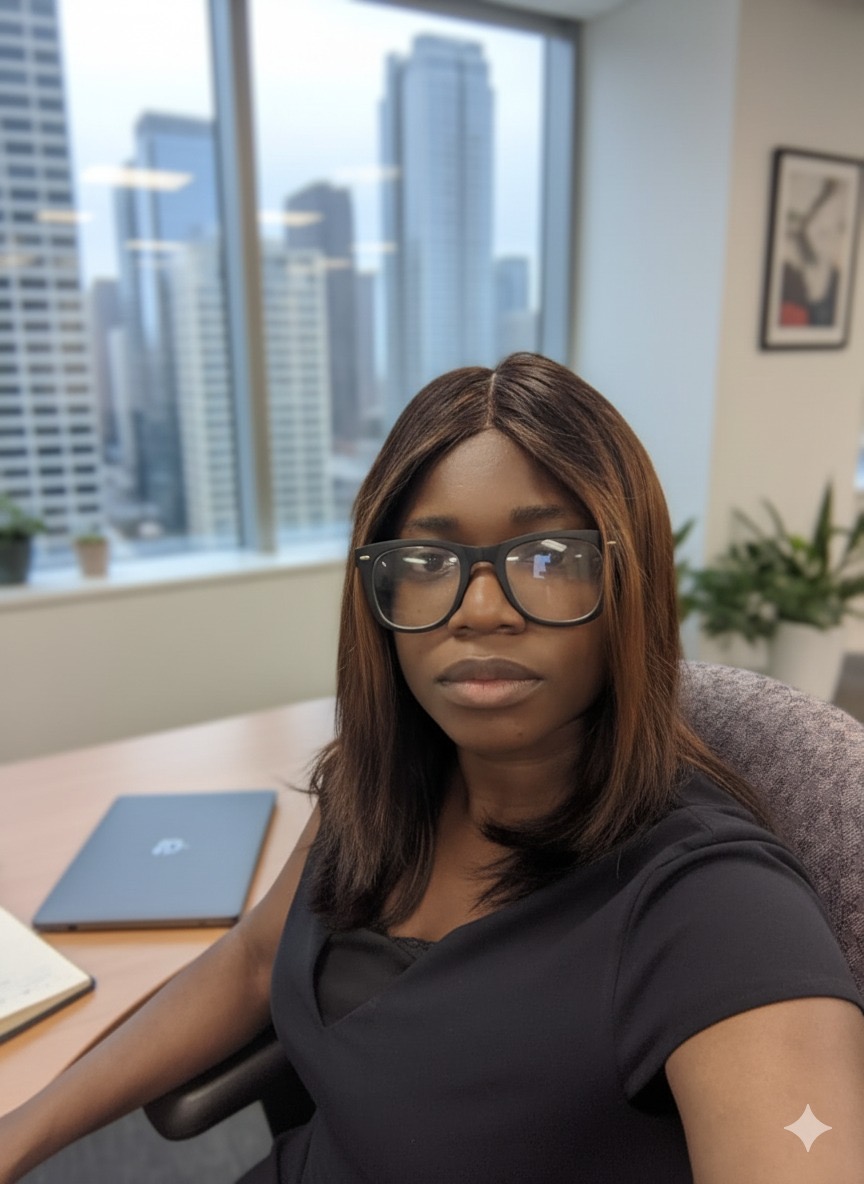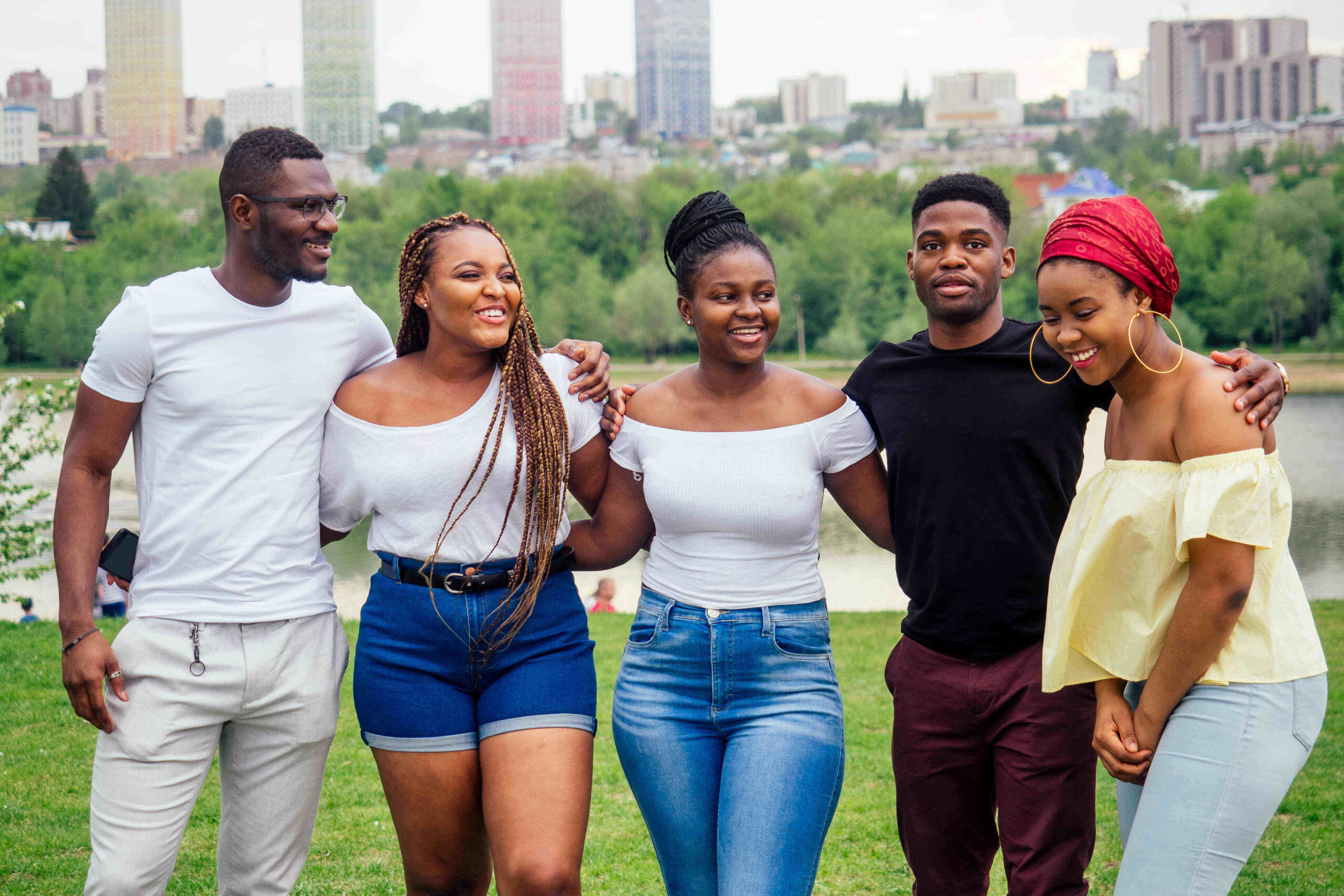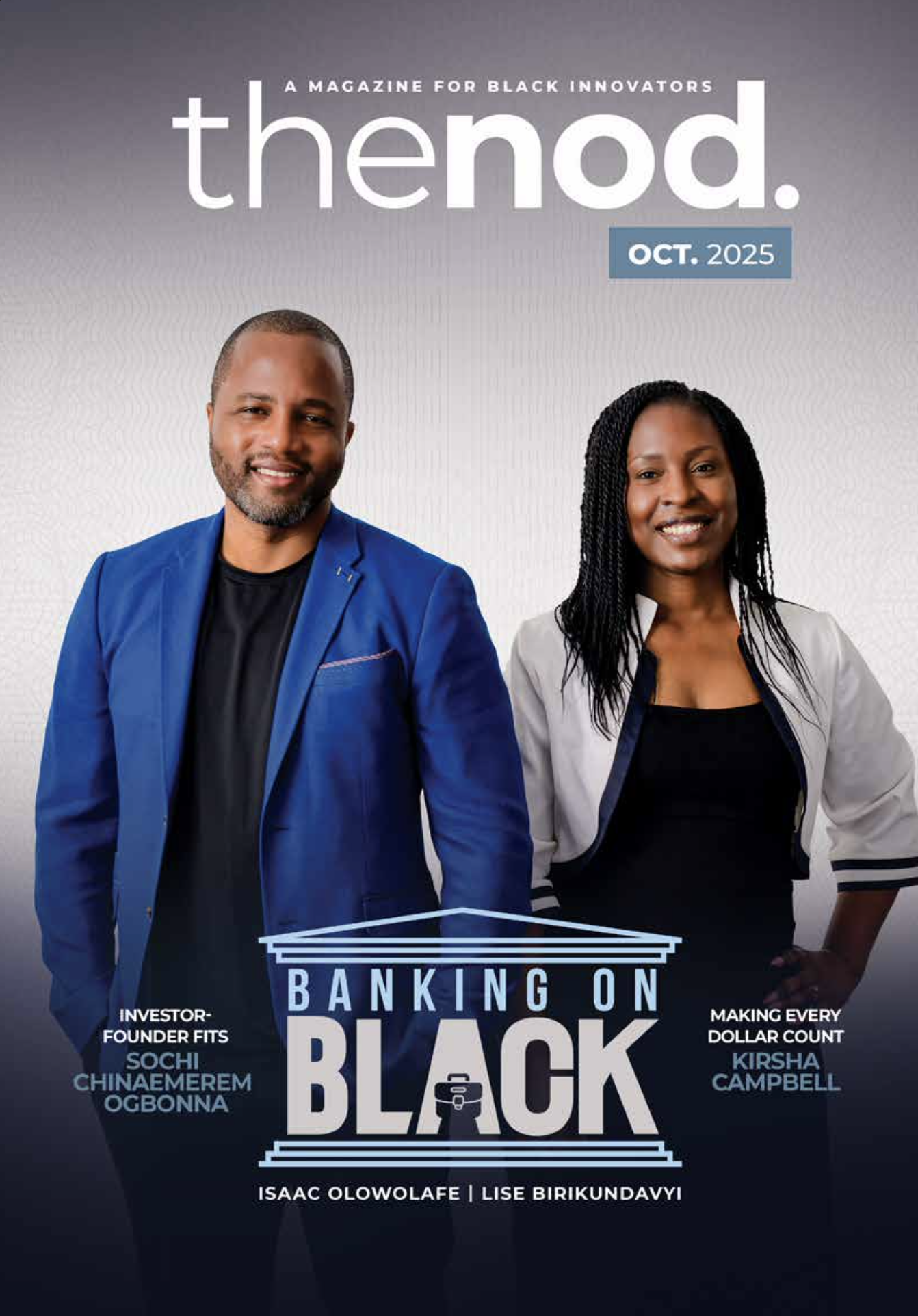I was raised in a region of islands stretching from Bermuda and Cuba to Trinidad and Tobago. These islands have been part of various colonial empires, including Spanish, Dutch, French, American, British, and Portuguese, and later fell under the influence of the United States which itself controls several territories. This extensive foreign occupation led to the near-eradication of the indigenous Carib people, for whom the Caribbean Sea and region are named. In their place, new societies with diverse first languages, cultures, and histories emerged.
Growing up on an island with a rich colonial past, I experienced a unique blend of cultural influences. Our Mardi Gras, carnivals, and festivals like Cariwest are vibrant examples of this multicultural heritage. In recent colonial times, we were educated under rigid British standards and habits. Yet, our societies retained many practices from our African heritage, such as the worship of Yoruba deities, as well as influences from Britain’s indentureship period, which brought thousands of Indians to the region.
This blend of African, European, and Indian influences creates a rich mix of traditions and practices, showcasing the deep and enduring connections between Black communities across different continents.
A Legacy of Connection
Black communities worldwide share a powerful bond forged through shared history and cultural exchange. The scars of slavery and colonialism are a unifying thread, as seen in the fight for freedom that continues today. From the Haitian Revolution to Black Lives Matter protests, Black communities fight for justice and equality, their struggles echoing across continents.
This shared history manifests in cultural echoes, too. The vibrant rhythms of West African music find themselves in the pulsating beats of American genres like jazz and blues. Storytelling traditions, spirituality with roots in African religions, and a strong sense of community all paint a beautiful picture of a Black identity that transcends continental borders. Successful Black entrepreneurs like Shea Yeleen, connecting shea butter producers in West Africa with US markets, exemplify the entrepreneurial spirit and celebration of Black excellence that binds us.
The Strength of Unity
Throughout history, Pan-African movements have fostered unity and achieved significant victories. Marcus Garvey’s Universal Negro Improvement Association (UNIA) and the Black Star Line aimed to unite Black people globally, inspiring future leaders like Kwame Nkrumah and Jomo Kenyatta.
The solidarity during the apartheid era in South Africa further illustrates this unity. African-American activists and organizations were crucial in supporting the African National Congress (ANC), amplifying the anti-apartheid message globally. This cross-continental collaboration brought attention to the injustices in South Africa and strengthened the global fight for racial equality.
Facing Adversity: The KKK Saga
Ku Klux Klan (KKK), synonymous with racial hatred and white supremacy, is often associated with the Southern United States. The sole purpose of this group was to destroy the booming Black Wall Street and burn it to the ground, literally. Those people did not want to see the Black community prosper or succeed, let alone live. Although the founding members of the KKK are long gone, this group has managed to spread to more countries and states in Europe. As their influence extended northward, their presence in Canada, including modern Alberta, has left an indelible mark on Blacks, Caribbeans and other minority communities.
The KKK first gained a foothold in Alberta during the 1920s, exploiting fears of cultural displacement and economic competition. Although its influence waned mid-century, recent decades have seen a resurgence of white supremacist groups in Alberta, fueled by online hate forums and a global surge in nationalist sentiment. According to a Statistics Canada report*, hate crimes targeting Black people were the most common type of hate crime (16%) from 2016 to 2017. Those are alarming figures, knowing that they continue to climb each year.
Modern Activities and Tactics
In recent years, the KKK and similar groups in Alberta have adapted their tactics to the digital age. They leverage social media platforms to spread hate speech, recruit members, and organize events. These activities have included:
- Online Propaganda
The dissemination of racist and xenophobic content online aimed at radicalizing individuals and creating echo chambers of hate.
- Public Demonstrations
Organizing rallies and protests targeting minority communities, provoking fear and division.
- Hate Crimes
Incidents of vandalism, threats, and physical attacks against individuals and properties associated with minority groups.
Impact on Black, Caribbean and Minority Communities
The resurgence of the KKK and similar groups has profound psychological, economic and social effects on Blacks, Caribbeans and other minority communities in Alberta:
- Fear and Intimidation
The presence of hate groups fosters an atmosphere of fear and insecurity. Hate crimes, such as the 2019 incident where swastikas were spray-painted on an Edmonton mosque, have made residents feel unwelcome and unsafe in their neighbourhoods.
- Social Polarization
Activities of the KKK contribute to increased social tension and polarization, exacerbating racial and ethnic divides.
- Economic Consequences
Fear of discrimination and violence deters investment in Black, Caribbean and minority communities, limiting economic opportunities and contributing to economic disparities, with poverty rates up to 13.9%, compared to 6.1% in the white community.
- Mental Health
The constant threat of hate crimes and discrimination has taken a toll on mental health, leading to anxiety, depression, and other deep-seated issues.
Community Response and Resilience
Despite all of these challenges, Blacks, Caribbeans and other lesser-represented communities in Alberta have shown remarkable resilience. We have laboured to birth various initiatives to combat hate and promote inclusivity.
- Community Organizations: Groups like the African Canadian Civic Engagement Council (ACCEC) empower Black communities through advocacy, education, and support services.
- Public Awareness Campaigns: Efforts to educate the broader public about the dangers of white supremacy and the importance of diversity counter hate.
- Legal and Policy Measures: Advocacy for stronger hate crime legislation and robust enforcement of anti-discrimination laws is ongoing, including better tracking of hate crimes and harsher penalties.
- Alliances and Solidarity: Building partnerships with other marginalized communities declares a united front against hate, amplifying voices and strengthening collective resilience.
Modern Initiatives Rising to Rebuild the Black Wall Street
Today, Black communities leverage modern technology and innovative strategies to overcome challenges and foster progress. On the frontlines of this ascent is ‘The Nod’, an initiative working at pace with many others to create a tomorrow where our people can thrive, leveraging community, collaboration, and commerce. Imagine having a supportive ecosystem that makes our dreams possible, where Blacks, Caribbeans and other racialized groups of African descent can rebuild wealth without the fear of hate, discrimination, or polarization.
That’s what makes me excited to join hands with The Nod in lifting our community. We have much to benefit from collaborating to construct a modern-day Wall Street tailored to our community’s needs. First is the prospect of economic empowerment. The Nod envisions a vibrant financial ecosystem where Black visionaries, investors, and businesses can thrive by providing essential resources, networking opportunities, and education.
Second is the dismantling of systemic barriers. We’ve been in the fight for equality, diversity and inclusion for as long as I can remember. Granted, our collective efforts have accomplished many great strides, but there’s still much ground to cover. A platform that recognizes our unique experiences and embraces our diversity strengthens our voice as a community.
The third and my personal favourite is collaboration. Black innovators face unique challenges in building international partnerships, including access to capital, regulatory hurdles, and racial discrimination. Initiatives like mentorship programs, international business incubators, and advocacy for fair trade practices can help overcome these barriers. Strengthening support networks and creating platforms for knowledge exchange are essential for facilitating smoother cross-continental collaborations, and The Nod is amplifying efforts to make this a reality.
References













